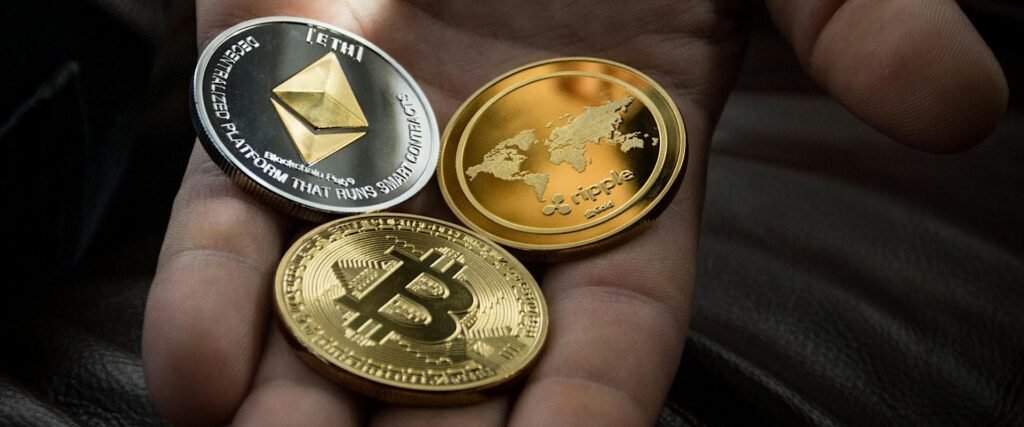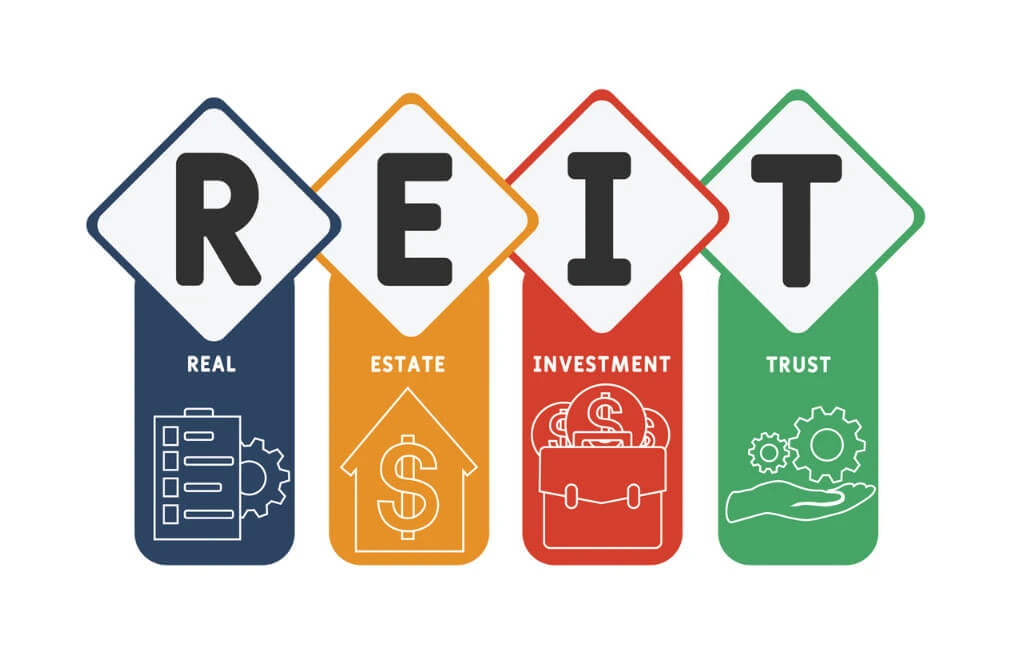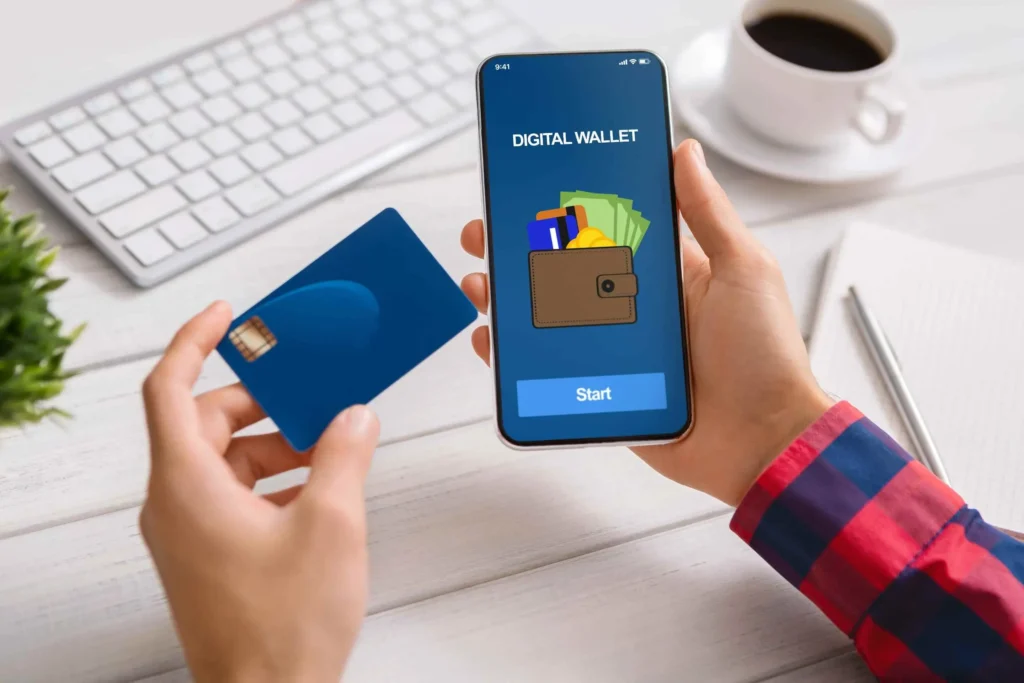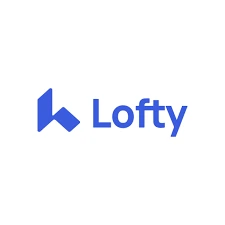Understanding Tokenized Real Estate: A New Way to Invest in Property
Those with substantial financial resources were the only ones who could invest in real estate for a long time. Large down payments, credit checks, and the capacity to oversee real estate were frequently prerequisites for traditional models. That is changing today. More people, including those with small budgets, can now access the real estate market thanks to tokenized real estate.
Let’s examine tokenized real estate in more detail, including its definition, operation, and potential implications for real estate investing in the future.


What Is Tokenized Real Estate?
The process of turning a physical property into digital tokens on a blockchain is known as tokenized real estate. A fractional ownership stake in the property is represented by each token.
Consider a $2 million residence, for instance. It can be divided into two million tokens, each worth $1, by the owner. These tokens can be bought by investors, who will then own a portion of the asset. Instead of having to purchase the entire building, someone might invest in a property under this approach for as little as $50 or $100.
Although there are frequently fewer middlemen and more direct ownership, it is somewhat comparable to investing in a REIT (Real Estate Investment Trust).


How Does Tokenized Real Estate Work?
The tokenization process may sound complex, but it follows a logical structure:
- Asset Selection: A physical property—residential, commercial, or industrial—is selected for tokenization.
- Legal Structuring: The property is placed under a legal entity, such as a limited liability company (LLC). This entity then issues shares represented as digital tokens.
- Token Creation: These tokens are minted on a blockchain, typically using platforms like Ethereum or other smart contract–enabled networks.
- Token Offering: The tokens are then made available to investors through a marketplace or investment platform.
- Ownership & Payouts: Investors who hold tokens may receive rental income or profit distributions, depending on the property’s performance and the terms set by the platform.
Smart contracts—self-executing programs stored on the blockchain—handle many of these transactions automatically, ensuring transparency and reducing the need for intermediaries.
What Are the Benefits?
Tokenized real estate introduces several advantages that are helping modernize property investment:
- Accessibility: One of the biggest benefits is lower capital requirements. People can invest in real estate with much smaller amounts than traditional ownership would require.
- Liquidity: Unlike traditional property ownership, which is notoriously illiquid, tokenized assets can often be traded on secondary markets, allowing investors to enter and exit more easily.
- Global Reach: Investors can buy into real estate projects anywhere in the world without needing to physically visit the location or go through international property purchase hurdles.
- Transparency: Blockchain technology allows for immutable records of ownership and transactions, which can increase trust and clarity for all parties.
What Are the Risks and Challenges?
Despite the promise of tokenized real estate, there are still risks to consider:
- Regulatory Uncertainty: Laws around tokenized assets are still evolving. What’s permitted in one country—or even one state—may not be in another.
- Security Concerns: While blockchain is generally secure, the platforms and wallets used to store tokens can still be vulnerable to hacking or human error.
- Market Liquidity: Although tokens can be traded, that doesn’t guarantee someone will be available to buy them when you want to sell. Secondary markets are still developing.
- Platform Reliability: Not all tokenization platforms are equal. Some are more established and compliant, while others may carry higher risk.
As with any investment, it’s crucial to perform due diligence and understand the platform’s model, fees, and legal protections.


Who’s Using This Model?
Several platforms are already offering tokenized real estate opportunities:
- RealT – Focuses on U.S. residential properties.
- Lofty – Offers fractional ownership with low entry barriers and regular rental income distributions.
- SolidBlock – Specializes in commercial real estate and has helped tokenize high-profile developments.
Each platform has different minimum investments, legal structures, and payout methods, so researching each one individually is important.


Is Tokenized Real Estate Right for You?
This approach may appeal to:
- New investors looking for low-barrier entry points
- Crypto-savvy individuals wanting to diversify into real assets
- Anyone interested in passive income without managing physical properties
However, those looking for guaranteed returns or who prefer traditional investment models might find this space too volatile or experimental.
Final Thoughts
A dramatic shift in our perspective on real estate ownership and investment is represented by tokenized real estate. It combines the novelty of blockchain technology with the stability of real-world assets, opening up new possibilities—and difficulties—for investors of all skill levels.
The basics are encouraging, even though the field is still in its infancy. Tokenized real estate may be crucial in democratizing access to one of the most traditionally exclusive asset classes as platforms develop and rules become more transparent.
Understanding how this strategy operates is important whether you are an experienced investor or are just considering your options, as the real estate investing landscape may change significantly in the future.
Relevant Link : Here




